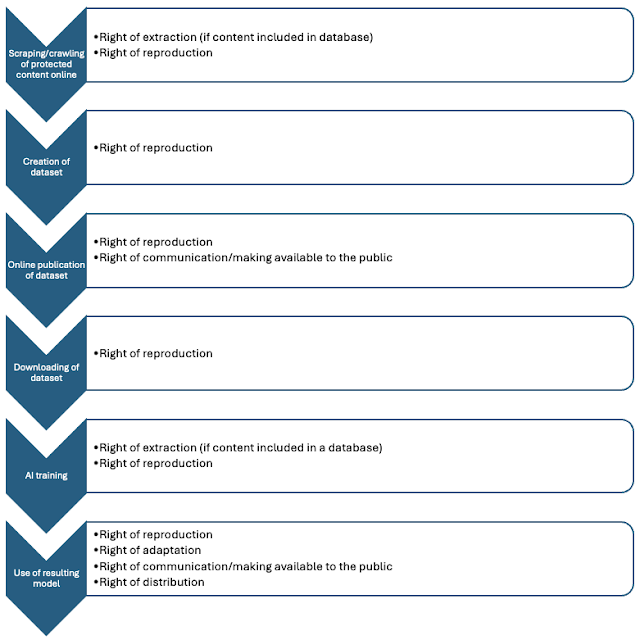“Unraveling the Mystery: 7 Surprising Traits of Those Who Choose to Cut Family Ties”
Have you ever pondered the intricate dance between family ties and personal peace? It’s a curious enigma, isn’t it? On one hand, some people revel in the warmth of close-knit family bonds, sharing everything from joyous holiday meals to the latest gossip. Yet, there are those who take the bold step of putting some distance between themselves and their relatives, often for reasons deeply rooted in conflict, differing values, or a desire to carve out their own identities. The spectrum of family dynamics is as rich as it is complex, and I find it intriguing—no, vital—to explore the often-unspoken traits of those who choose to step back. This article delves into seven distinct characteristics that define individuals who opt for emotional distance. These traits not only illuminate the motivations behind their decisions but also underscore the profound commitment they have towards their own growth and well-being. So, if you’ve found yourself perplexed by the choices of others—or perhaps your own—let’s shine a light on this journey. It just might offer the clarity you seek! LEARN MORE.

I’ve always been fascinated by the different paths people take to protect their peace. Some folks maintain incredibly close ties with relatives, sharing everything from holiday celebrations to daily life dramas. Others, however, choose to keep a healthy—or sometimes not-so-healthy—distance from family members.
Over the years, I’ve met individuals who’ve intentionally stepped away from their families because of deep-seated conflicts, mismatched values, or a desire to grow independently.
I’m not here to judge anyone’s choice; family dynamics can be complicated, and in some cases, creating distance is the best move for personal well-being.
That said, I’ve noticed recurring patterns in those who deliberately break away. While no two people are the same, there are seven distinct characteristics that often stand out.
If you’ve ever wondered about the “why” behind someone’s decision—or maybe even your own—here’s what I’ve observed when it comes to the personality traits and behaviors that typically emerge in people who draw the line with their families.
1. They establish clear emotional boundaries
One of the first things I’ve seen in those who step back from their families is the ability—or determination—to set strict emotional limits. It’s like they have an internal barometer that tells them when the drama, toxicity, or constant criticism has reached a tipping point.
Instead of allowing guilt or longstanding familial obligations to sway them, they’ve learned to say “no” or “enough,” even when it’s tough.
I used to think setting boundaries was a selfish move. But the more I studied emotional health, the more I realized boundaries are a form of self-care. They prevent resentment from building up, protect self-esteem, and create space for genuine connections.
James Clear, author of Atomic Habits, often talks about creating systems that make new behaviors easier. In a way, establishing boundaries is exactly that—a system to preserve one’s mental well-being.
If you meet someone who’s chosen to distance themselves from their family, chances are they’ve gotten pretty good at taking charge of their emotional space.
2. They practice a high level of self-reliance
When you intentionally distance yourself from close relatives, you’re effectively removing a built-in support system.
This can feel terrifying at first, especially if you’ve relied on family for advice, financial help, or moral support. But what’s fascinating is how people grow into self-reliance once that safety net is partially or completely gone.
Self-reliance shows up in simple ways: paying bills without calling Mom or Dad for help, seeking out friends or mentors for life advice, or even taking on big challenges (like moving cities or changing careers) because they’ve learned to trust their own judgment.
In my own journey, I’ve noticed that leaning on my own resourcefulness made me more confident. It also forced me to get creative in solving problems. When there’s no fallback option, you have to figure things out.
I’ve seen many individuals flourish simply because they realized they were capable of handling life’s ups and downs on their own terms.
3. They value personal growth over tradition
Family traditions can be wonderful, but they can also become stifling if they no longer align with your identity. Many people who create distance do so because they believe their own evolution is more important than adhering to age-old norms.
Maybe they grew up in a household with rigid beliefs, or perhaps they felt pressure to follow a specific career path that clashed with their passion. Instead of conforming, they choose a path that fosters genuine self-improvement—even if that means rocking the family boat.










